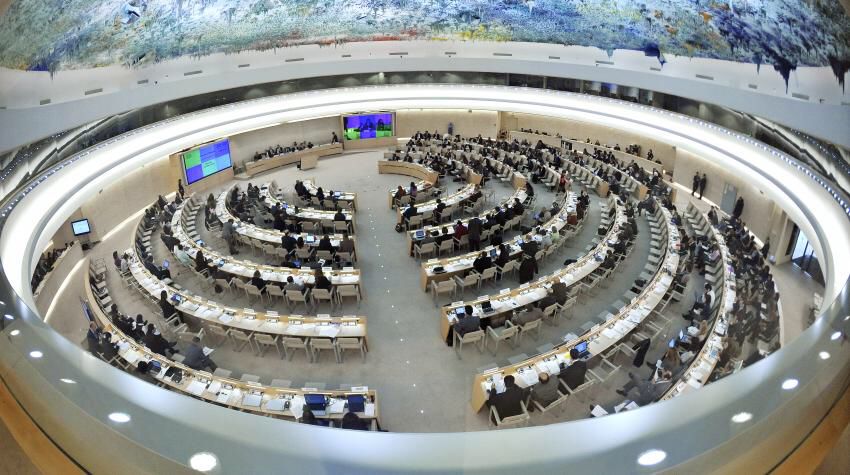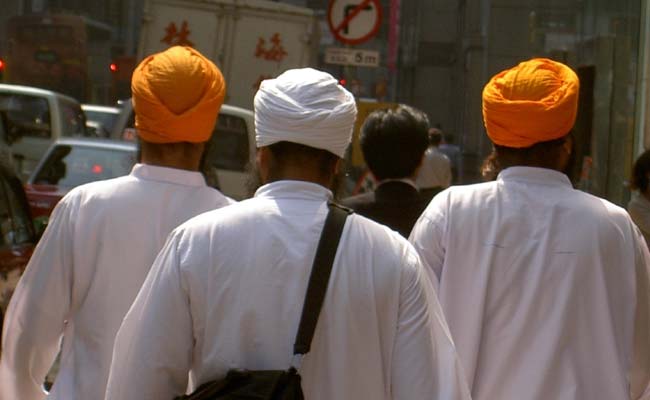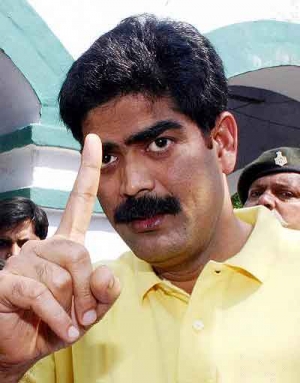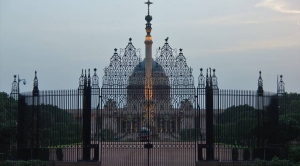India Elected Unopposed to UN Human Rights Council for Seventh Term

New Delhi | October 15, 2025 India has been elected unopposed to the United Nations Human Rights Council (HRC) for the seventh time, securing a three-year term starting next year, further affirming its global standing in the promotion and protection of human rights. The election underscores India’s continuing commitment to fundamental freedoms, justice, and equality on an international platform. In a statement posted on X, India’s Permanent Representative P. Harish said the election reflects India’s “unwavering commitment to human rights and fundamental freedoms” and expressed readiness to contribute actively during its term. India’s nomination emphasized its dedication to advancing human rights globally, fostering dialogue among nations, and bridging divides to achieve collective progress. Highlighting its core values, India noted that the philosophy of Vasudhaiva Kutumbakam, meaning “the world is one family,” guides its approach to global unity, openness, and mutual respect. The country also cited its Constitution as a framework that guarantees fundamental rights and promotes the ideals of justice, liberty, and equality. The Geneva-based HRC, comprising 47 member states, is the main United Nations body dedicated to the promotion and protection of human rights worldwide. It monitors situations in member countries, provides a forum for discussion on human rights issues, and addresses violations when necessary. Seats on the Council are distributed regionally, with the Asia-Pacific group allotted 17 seats. This year, four of these seats were up for election. India, unopposed for one of the seats, received 177 out of 188 votes in proforma voting, reflecting strong regional and global support for its candidacy. India previously served consecutive terms on the HRC, with its most recent tenure concluding in 2024. As UN rules limit countries to two consecutive terms, India took a break before contesting for the upcoming term. Its election marks a return to the Council and positions India to continue influencing discussions on human rights at a critical juncture in global diplomacy. Alongside India, 13 other countries were elected to the HRC on Tuesday, including Angola, Britain, Chile, Ecuador, Egypt, Estonia, Iraq, Italy, Mauritius, Pakistan, Slovenia, South Africa, and Vietnam. India acknowledged the polarization that affects the UN system and noted that similar challenges exist within the HRC. The country pledged to work towards bridging divisions, promoting constructive dialogue, and fostering cooperation among member states. India’s unopposed election to the HRC is significant in the context of growing international scrutiny of human rights practices and global geopolitical dynamics. The country’s continued presence on the Council reflects both its growing influence in multilateral forums and its longstanding advocacy for a balanced, principled approach to global human rights issues. Through its upcoming term, India is expected to actively participate in discussions, resolutions, and initiatives aimed at strengthening human rights standards, while advocating for dialogue and collaboration among nations to address pressing humanitarian challenges. This seventh term provides India an opportunity to reinforce its leadership role on the global stage and contribute meaningfully to the international human rights agenda. India Elected Unopposed to UN Human Rights Council India has been elected unopposed to the United Nations Human Rights Council for the seventh time, securing a three-year term starting next year. Permanent Representative P. Harish said the election reflects India’s strong commitment to human rights and fundamental freedoms. India highlighted its philosophy of Vasudhaiva Kutumbakam and its Constitution’s guarantee of justice, liberty, and equality. The Geneva-based Council, with 47 members, reviews human rights situations globally. India received 177 of 188 votes for its Asia-Pacific seat. The country pledged to work towards bridging divides and promoting dialogue while contributing actively to global human rights initiatives during its term.




